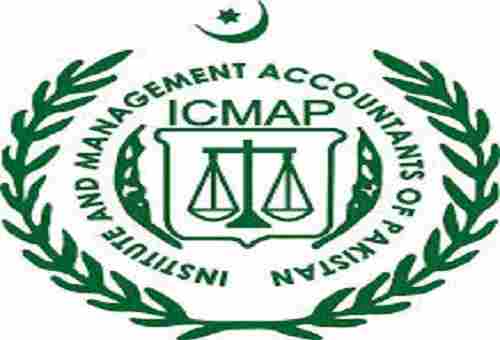Karachi – The Institute of Cost and Management Accountants of Pakistan (ICMAP) has highlighted the urgent need for a more balanced monetary approach in light of the devastating floods that recently hit the country.
According to ICMAP, these floods have caused unavoidable supply shocks in agriculture and food supply chains, creating short-term inflationary pressures that threaten both households and businesses.
While the State Bank of Pakistan has kept the policy rate unchanged at 11 percent to ensure macroeconomic stability, ICMAP believes that a modest cut could have eased financing costs, encouraged investment, and supported faster recovery. The institute emphasized that high borrowing costs at this stage risk slowing investment in key sectors such as agriculture, small and medium enterprises (SMEs), and food production, thereby reducing employment opportunities.
ICMAP’s analysis suggests that a gradual and transparent roadmap for policy rate adjustments, aligned with inflation levels of three to four percent and consistent with regional benchmarks, would enhance investor confidence and give businesses the ability to plan effectively. Additionally, the institute recommends targeted concessional credit and refinance schemes for agriculture, SMEs, and flood-affected communities, which could help reduce cost pressures and protect vulnerable groups.
The institute also underscored the importance of structural reforms to build long-term resilience. These reforms include crop insurance schemes, climate adaptation measures, disaster financing frameworks, and closer coordination between monetary and fiscal authorities. Fiscal policy, in particular, must prioritize emergency relief, subsidized farm inputs, and facilitation of essential imports to stabilize markets.
ICMAP concludes that while supply-driven inflation cannot be fully avoided in the short term, a combination of modest rate cuts, targeted financing measures, and coordinated fiscal support could stabilize prices, protect livelihoods, and accelerate Pakistan’s economic recovery.
